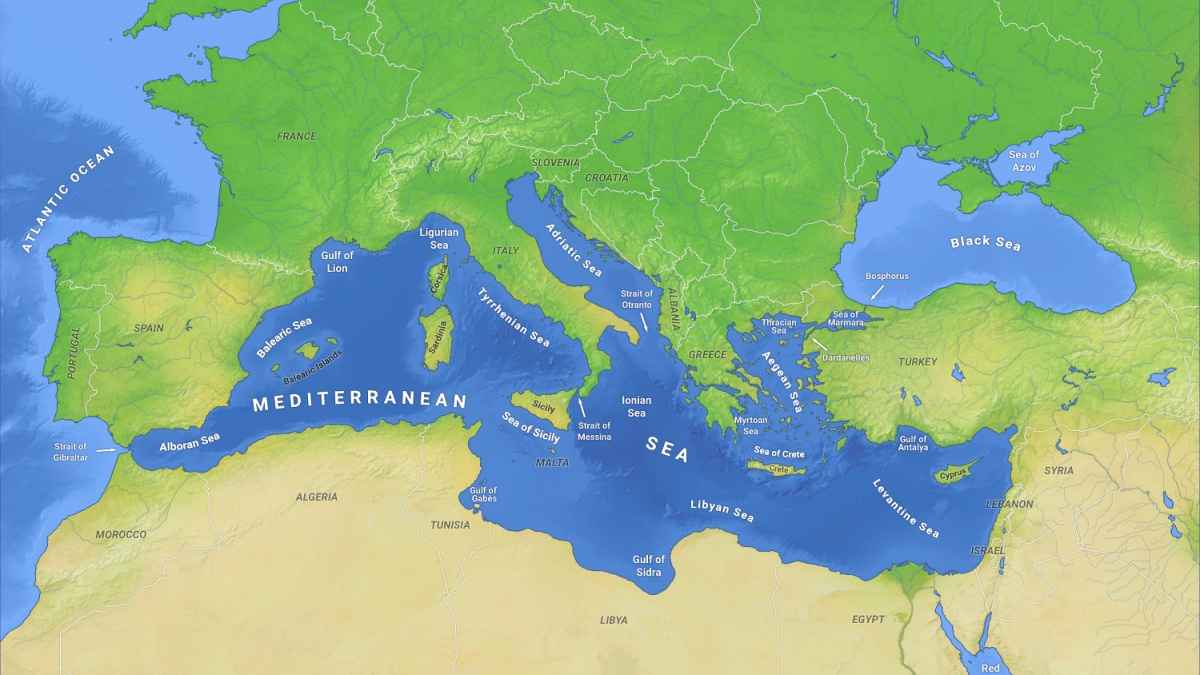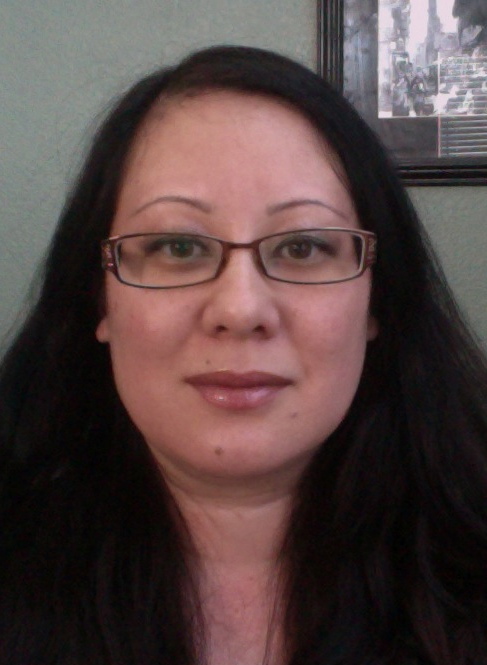On Jan. 11, Arizona State University doctoral candidate Angie AbdelmonemAngie Abdelmonem is a doctoral student in the School of Human Evolution and Social Change, an academic unit of the College of Liberal Arts and Sciences, as well as a faculty associate in the School for the Future of Innovation in Society. was headed to a flight to Cairo to participate in a collaborative research project when she received a request for an interview from a journalist in Italy.
The journalist was writing a piece on the wave of sexual assaults that took place in Germany over the New Year and was hoping Abdelmonem would be willing to comment on the concept of “taharrush” — literally “sexual harassment” in Arabic — which was the subject of her doctoral dissertation research and which she had recently written about for Kohl: Journal for Gender and Body Research.
In the days following her arrival in Cairo, Abdelmonem received more media requests from journalists in Russia, Sweden and other European countries. Much to her dismay, she discovered the Daily Mail had published an article days before that grossly misrepresented her article, fueling the media frenzy for more information.
“While the phrases they use[d] are directly quoted, the way they have positioned my quotes and the discussion hugely misrepresents the issue,” said Abdelmonem.
In an age when news can be repeated as easily as clicking a “share” button and when worries about refugees and immigrants dominate headlines, it’s a stark reminder of how swiftly information — whether right or wrong — can spread.
Rather than recognizing that “taharrush” was simply a translation for “sexual harassment,” media outlets were presenting it as an Arab concept, a cultural phenomenon, not just an Arab word for a situation that exists in many places around the world.
And that had not been the purpose or the spirit of Abdelmonem’s research.
Originally interested in archaeology, Abdelmonem’s focus shifted to socio-cultural anthropology as she become increasingly concerned with contemporary social problems in the Middle East. After receiving her master’s in 2004, Abdelmonem (pictured at left) spent time exploring civil society, activism and women’s rights issues in Egypt.
Her interest in gender-based violence evolved out of her experiences working for the Egyptian Center for Women's Rights (ECWR), where she dealt with issues ranging from women's political participation to female genital mutilation.
During her time at ECWR, Abdelmonem witnessed the implementation of a new program on sexual harassment offered by an NGO.
“It was through this work, observing the way in which NGO workers engaged with the population and sought to change perceptions about sexual violence and, honestly, the resistance that many people had to the information being conveyed by the NGO, that I became interested in how it is that social change around sexual violence occurs,” she said.
That experience eventually led Abdelmonem to choose sexual harassment in the Middle East as her dissertation topic, something most academics hadn’t been looking into. And in writing about it, as she did in the Kohl journal piece, she often used the word “taharrush” in place of “sexual harassment” because of its contested use as a word meaning the sexual harassment of women in public space.
When some journalists — who were already comparing incidents in Germany to the violence that had occurred in Tahrir Square and promoting it as a cultural phenomenon — came across the Kohl piece, they picked up on the term and began to use it to describe the Germany events. For Abdelmonem, this was deeply disconcerting considering the use of the term “taharrush” by European journalists was meant to imply that those who committed the acts were Middle EasternRecent reports have stated that the men were not all Middle Eastern and were not all, unlike some heated claims, refugees. and that sexual harassment did not also exist in Europe. Add to that Europe’s current refugee situation and you’ve got a tinderbox.
“In this case, misrepresenting my work helped the media to portray sexual harassment as a particularly cultural phenomenon prevalent in the Middle East and North Africa that was being imported into Europe by its migrant and refugee populations, which made it possible to call for a closing of borders. This has serious implications for refugees fleeing for their lives,” Abdelmonem lamented.
Correcting the direction of media reports can be especially challenging, said Tim McGuire, the Frank Russell Chair for the business of journalism at ASU’s Cronkite School of Journalism and Mass Communication.
“In the age of the Internet, it’s impossible to put something back in the box once it’s been opened,” he said. “Once the media starts picking up on something, it gets wings of its own and it becomes very difficult to correct or change it. That’s one of the real difficulties of the digital age. You can’t stuff the genie back in the bottle.”
“Misrepresenting my work helped the media to portray sexual harassment as a particularly cultural phenomenon prevalent in the Middle East and North Africa that was being imported into Europe by its migrant and refugee populations. ... This has serious implications for refugees fleeing for their lives.”
— ASU doctoral candidate Angie Abdelmonem
The misrepresentation also has implications for how people the world over view the issue of sexual harassment and gender-based violence altogether, Abdelmonem said. Locating it in just one culture obscures that gender-based violence exists everywhere.
“Gender-based violence is generally an issue that cuts across nations, culture, class, race, etc. …” she said. “To locate gender-violence in culture is to deny that women as a group globally experience sexual violence and makes it possible then to focus on culture itself as the problem. Gender-based violence is an expression of patriarchy, which is a problem that exists in all human societies.”
As for her part in addressing that problem, Abdelmonem’s research has centered heavily on community-based, grassroots approaches to mobilization. She has interviewed activists working on sexual harassment and gender violence across numerous organizations, and also conducted surveys of the population at-large in three neighborhoods across Cairo. What she hopes is that her work will provide useful insights to groups about what may or may not help them in their own activism.
“I can't say that I believe my work will end the problem of gender-based violence,” said Abdelmonem, “but my approach to fieldwork and writing has been to include my activist colleagues in the process of knowledge building, which I hope not only gives them a voice in the way scholars understand their activism but also gives them a chance to receive critical feedback or ideas that are to assist in the work they are undertaking.”
To read an article Abdelmonem co-authored on the Germany situation for the magazine Jadaliyya, click here.
Top photo by O H 237 (own work) [CC BY-SA 4.0], via Wikimedia Commons
More Arts, humanities and education

A humanities link from Harvard to ASU
Jeffrey Wilson didn’t specifically seek out Arizona State University professors when it came to filling out the advisory board for his new journal Public Humanities.“It just turns out that the type…

ASU professor’s award-winning book allows her to launch scholarship for children of female shrimp traders in Mexico
When Arizona State University Associate Professor Maria Cruz-Torres set out to conduct the fieldwork for her third book, "Pink Gold," more than 16 years ago, she didn’t count on having major surgery…

Herberger Institute Professor Liz Lerman to be honored as Dance Magazine Award winner
Dance Magazine has announced that Arizona State University Herberger Institute Professor Liz Lerman will be honored as a Dance Magazine Award winner at a ceremony Dec. 2 in New York City.“I…

